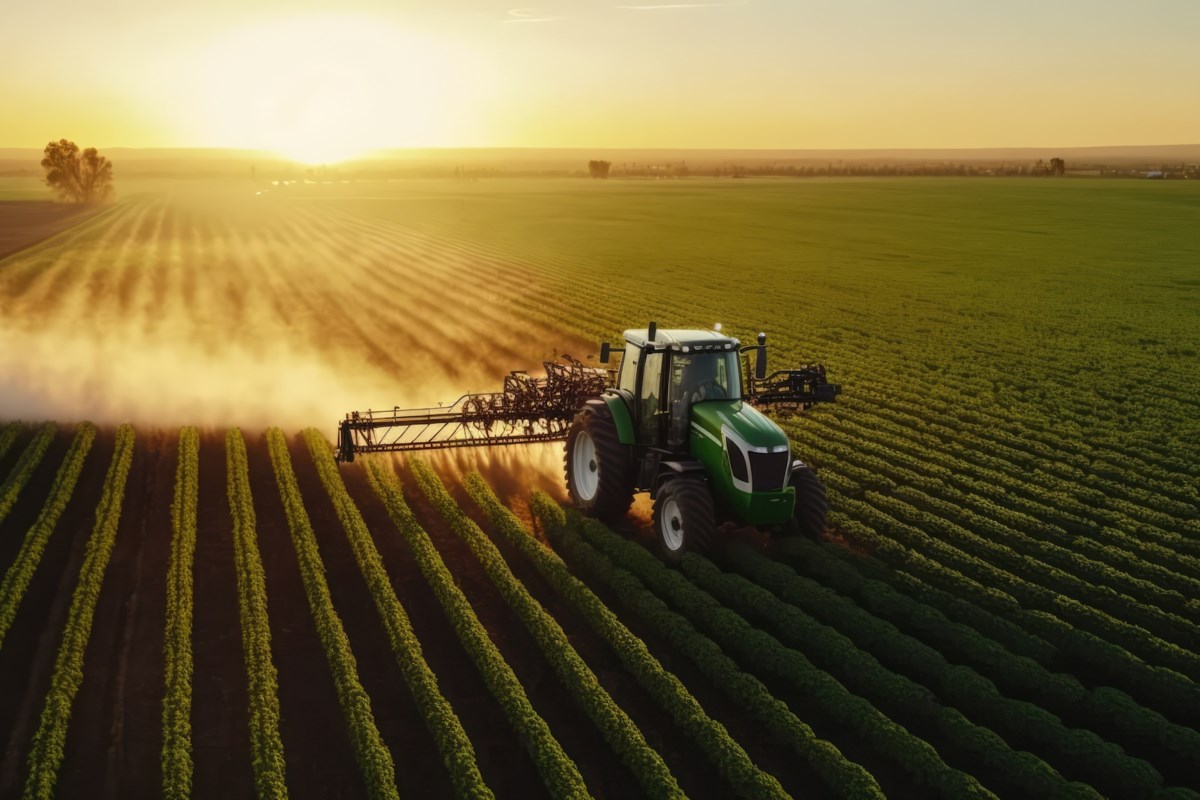If you or someone you know may be experiencing a mental health crisis, contact the 988 Suicide & Crisis Lifeline by dialing or texting “988.” Spanish-language services are also available.
Colorado lawmakers have proposed a pair of measures they say will improve the availability of mental health resources for the state’s agricultural industry, as stress, anxiety, and depression among ranchers and farmhands have emerged as critical issues that have worsened since the coronavirus pandemic.
The bills under consideration would address a growing need to treat rural mental health issues that have only compounded with the effects of the pandemic and climate change — all in a state that has one of the highest suicide rates in the nation. Mental health professionals are scarce in rural parts of Colorado, a significant gap considering suicide rates have been higher in rural America than in metropolitan areas for decades.
The first bill would create an agricultural and rural community behavioral health liaison position; that person would connect various state agencies with mental health care providers, nonprofits, and community leaders. The second bill is designed shore up and publicize suicide prevention resources for agricultural workers.
“If you’re two hours away from a health professional, and maybe in the winter in a snowstorm it’s a four- or five-hour drive, you’re just not going to seek or get the help that you want and need,” said state Sen. Perry Will, a Republican sponsoring the liaison bill. “Anything we can do to increase access to behavioral health care in rural Colorado and in rural communities is a benefit.”
The stresses of working in Colorado’s agricultural sector are amplified for migrant workers who face language barriers or cultural stigmas. The 2017 Census of Agriculture (updated 2022 data is scheduled to be released in mid-February) found about 8% of Colorado’s farms employ Hispanic or Spanish-speaking workers. In 2022, there were more than 19,000 farmworkers statewide.
“When we talk about emotional needs, they feel a void. They don’t know what to do because of this void they feel. But they feel that there’s something wrong,” said Ere Juarez, a regional director for the Project Protect Food Systems Workers who works closely with migrant families. “The loneliness, the sadness, the guilt, it’s high — super high.”
Migrant workers are routinely in Colorado for six to 10 months of the year to support relatives in their home countries. But they often face difficult conditions while in the U.S., Juarez said: working shifts of up to 16 hours a day, living with dozens of people inside small apartments, and having limited communication with family back home. In addition to the language barrier English presents, some workers don’t even speak Spanish, Juarez added, frustrating those who try to communicate in regional Spanish dialects.
Juarez said those feelings sometimes manifest as alcohol abuse or suicidal thoughts. Behavioral health resources to help workers need to be built up, she said.
“We all have food on our tables because they work for us,” Juarez said. “They are leaving their bodies in our fields in order to feed us.”
Then there is the drop in income when winter and year-round workers might clock in only 10 to 20 hours per week, said Hunter Knapp, development director for Project Protect Food Systems Workers. “Workers who stay here throughout the year face a lot of economic challenges and all the associated mental and behavioral health challenges that come with losing income and work.”
Iriana Medina, community engagement coordinator at the nonprofit La Plaza, has identified similar issues. Her organization works with migrant and immigrant communities in Mesa County on Colorado’s Western Slope, a region known for its juicy and sweet Palisade peaches and regional wine. “The diversity of having a person that has a different cultural and language background is a bridge that needs to be built,” Medina said. “Whatever these bills will take us to will actually be a piece of the puzzle” toward benefiting the Hispanic community, she added.
State Sen. Tom Sullivan, a Democrat and gun violence prevention advocate whose son, Alex, was murdered in the 2012 Aurora movie theater massacre, sponsored the bill to combat suicide. Sullivan said he is concerned that a person is more likely to take their life in a rural district than in an urban one.
“I’m just trying to acknowledge that there are people struggling in these communities and let them know that there’s somebody out there who will actually listen and understand their problems when they call,” Sullivan said.
KFF Health News ethnic media editor Paula Andalo contributed to this story.
If you or someone you know may be experiencing a mental health crisis, contact the 988 Suicide & Crisis Lifeline by dialing or texting “988.” Spanish-language services are also available.
KFF Health News is a national newsroom that produces in-depth journalism about health issues and is one of the core operating programs at KFF—an independent source of health policy research, polling, and journalism. Learn more about KFF.
Subscribe to KFF Health News’ free Morning Briefing.


































